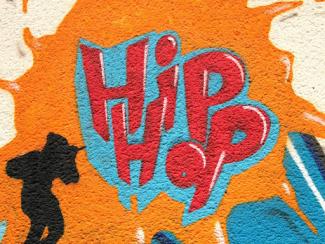
Democrats in Congress, led by NY Rep. Jamaal Bowman, announced the Congressional Hip Hop Power and Justice Task Force. It aims to “use hip hop’s messaging of building a more equitable society to help spearhead initiatives to address economic equality, affordable housing and racial justice imperatives.”
But what does this mean considering our political context and cultural history?
The task force is backed by the Hip Hop Caucus, a nonprofit that’s previously advocated for the Stop Cop City movement and victims of police violence. This suits the name because the genre has historically called out police violence. Connecting artists and audiences to current political events is also critical.
But a tension between the music’s message and political outreach surfaces given the task force’s focus on “rebuilding trust” with Black voters.
Police departments like the NYPD also had so-called hip hop task forces, surveilling artists and fans at concerts. When the relationship between police, hip hop, and the ballot is so fraught, what might it look like to rebuild trust in a system designed to oppress us?
As we watch the task force, the genre’s history of condemning the criminal legal system and humanizing those entrapped by it will be the foundation we have to compare with what legislators do in its name.